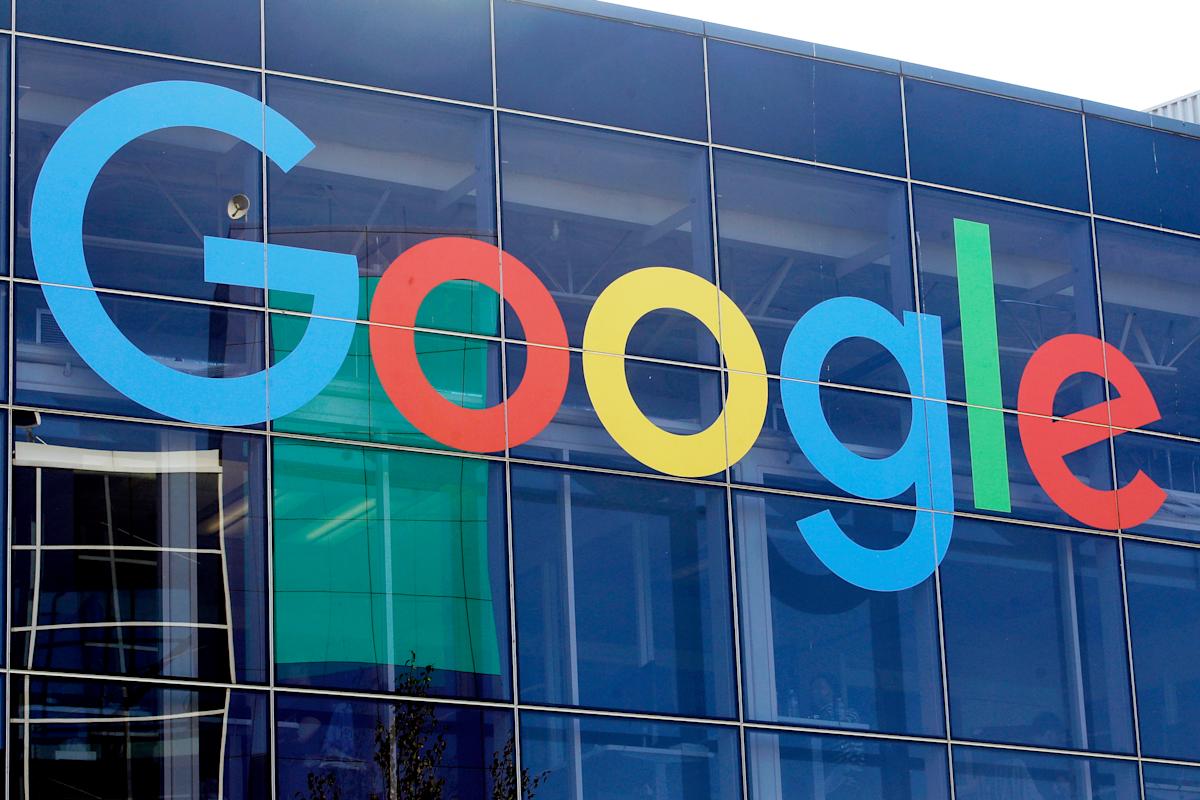Facial Recognition and Privacy: Where Do We Draw the Line?
The Ethical Debate Surrounding Facial Recognition Technology in Public and Private Sectors
Facial recognition technology (FRT) has rapidly evolved over the past decade, becoming an integral part of various sectors, from law enforcement to retail. While its applications promise enhanced security and operational efficiency, the ethical implications surrounding its use raise significant concerns about privacy and civil liberties. The debate is complex, with advocates arguing for the benefits of FRT, while critics highlight the potential for misuse and the erosion of privacy rights. As this technology becomes more prevalent, it is crucial to explore where we draw the line between security and individual privacy.
One of the primary ethical concerns surrounding facial recognition technology is the potential for mass surveillance. In public spaces, the ability to identify individuals without their consent poses a significant challenge to the concept of privacy. Governments and law enforcement agencies argue that FRT can be a powerful tool in combating crime and enhancing public safety. However, the risk of creating a surveillance state looms large. When citizens are constantly monitored, it can lead to a chilling effect on free speech and public assembly. The ethical dilemma lies in balancing the need for security with the fundamental rights of individuals to move freely and express themselves without fear of being watched.
In the private sector, the use of facial recognition technology often intersects with consumer privacy. Retailers and businesses use FRT to analyse customer behaviour, optimise marketing strategies, and enhance security measures. While these applications can lead to improved customer experiences and increased profits, they also raise questions about consent and data ownership. Many consumers are unaware that their images are being captured and analysed, leading to a lack of informed consent. The ethical implications of using personal data for commercial gain without explicit permission cannot be overstated. As businesses leverage this technology, it becomes imperative to establish clear guidelines and regulations that protect consumer privacy while allowing companies to innovate.
Moreover, the accuracy and potential biases of facial recognition technology further complicate the ethical landscape. Studies have shown that FRT systems can exhibit racial and gender biases, leading to misidentification and wrongful accusations, particularly among minority groups. The ethical implications of deploying a technology that disproportionately affects certain demographics cannot be ignored. If public and private entities continue to implement FRT without addressing these biases, they risk perpetuating systemic inequalities and undermining public trust. The call for transparency in how these systems are developed and deployed is essential to ensure that ethical considerations are at the forefront of technological advancement.
Another critical aspect of the ethical debate is the lack of comprehensive regulation governing the use of facial recognition technology. In many jurisdictions, laws surrounding FRT are either non-existent or outdated, failing to address the rapid advancements in technology. This regulatory gap creates a Wild West scenario where companies and government agencies can operate without sufficient oversight. The ethical responsibility lies not only with the developers of this technology but also with policymakers to establish robust frameworks that protect citizens' rights. Clear regulations should outline the permissible uses of FRT, ensuring that individuals have control over their data and are aware of how it is being used.
In conclusion, the ethical debate surrounding facial recognition technology is multifaceted and requires careful consideration of privacy, consent, and bias. As FRT continues to permeate both public and private sectors, it is essential to engage in ongoing discussions about its implications. Striking a balance between security and individual rights is not only a legal obligation but an ethical imperative. By fostering transparency, accountability, and robust regulatory frameworks, society can harness the benefits of facial recognition technology while safeguarding the fundamental rights of individuals. The question of where to draw the line is not merely a technical issue but a profound ethical challenge that demands our attention and action.
.jpg)
.jpg)
.jpg)
.jpg)

Posting Komentar untuk "Facial Recognition and Privacy: Where Do We Draw the Line?"